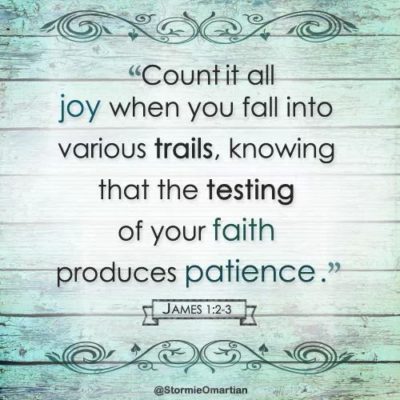God allows crisis to bring definition to our lives. When faced with troubling circumstances, our reactions expose what is in the heart: whether good or bad. Often, in these moments , one becomes aware of a need for internal change. In each situation, the challenge that emerges invites a decision.
, one becomes aware of a need for internal change. In each situation, the challenge that emerges invites a decision.
Abram had accepted that his chief prayer had either gone unanswered, or that it was already decreed and denied. He would remain without a son and heir. When messengers from heaven promised a miracle, he was forced into a predicament that would define his fate. Would he believe God for the impossible, or rest upon what he understands? His determination began a legacy of faith and altered the course of history.
Moses witnessed the unfair treatment of one of his people. When he stepped in to intervene and found himself standing over the corpse of an Egyptian taskmaster, he saw some things that had been previously hidden within his soul. His sense of justice was countered with rage, and all of his palace refinements and social training as a dignitary didn’t correct the corruption within.
Daniel was poised with his back against the wall. Being taken captive by a ruthless enemy yet specifically chosen from among his peers for delicacy, he was confronted with a choice: commitment or compromise. The juxtaposition of life versus death became an opportunity for personal development and God was at the helm.
There was a giant of a man harassing the army of Israel, and openly defying God. For one particular adolescent, this dilemma did not compute. David delineated his own destiny through the choice that he made that day. His later debacles would be shadowed by such victories in personal resolve to stand in the gap.
They were at work when Jesus showed up with an opportunity. His invitation was simple and profound. And their response would be life altering, no matter which way they chose. To say “Yes!” or “No!” to Jesus would carry implications into eternity. And Peter, James, John, and Andrew emerged from obscurity that day. This clarity would not merely be for the benefit of others, but so they might see themselves as men of decision and faith.
Each of these men had myriads of moments where God allowed crisis to interrupt their schedules. And not every outcome was honorable. Abram discovered that his faith was wrought with failure. Moses learned that his university training would involve majoring in “Listening to God” and a minor in “Humility, Dependence, and Obedience.” Daniel’s battle with death versus devotion to God had only begun. And Peter would become aware of his spiritual poverty before he could effectively preach about the gospel of grace.
As individuals, we face the same types of crossroads in our lives. Catastrophes and seasons of stress produce outcomes that reveal our true selves. Jesus explained that one’s action unveils the heart. And this provides opportunity to agree with God, confess the truth, turn from sin, and be internally washed by the transformative power of the Holy Spirit. This is why James reminds Jesus’ disciples that trials can produce God’s perfect work, and make us better, and should be seen as occasions for joy, and not sorrow, if one is willing clay in the hands of the potter. And that is a choice that each of us must make today. What will you choose?
